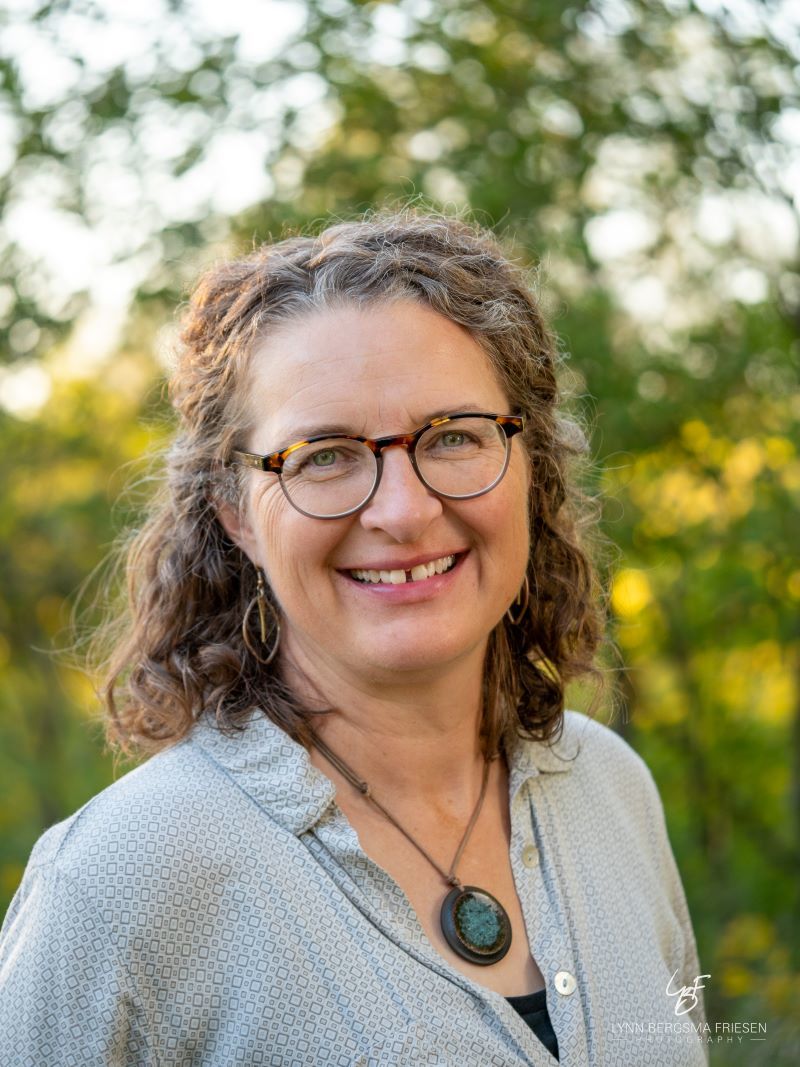Message from our Eco-Minister
November 20th
November  2023
2023
Incarnation and Firstborn of All Creation.
This can be a tough time of year with longer nights and a mono-chromatic landscape. To counter this darkness, Western secular culture gears up with festive activities, lights, and consumerism. What if, rather than buying all the presents, attending all the concerts, getting the new outfits, and feasting for almost a month straight, we followed the cues of nature to slow down and embrace dormancy, stillness, darkness, and simplicity? What if we paid attention to Chicadees, sunrises, bare branches, ice and snow to see what they have to teach us about incarnation? How can they help bring us into connection with Christ, firstborn of all creation?
There certainly are ways we can simplify our actions and activities during Advent and Christmas, both as congregations and as individuals, which will have a positive impact on all creation. We can also draw theological connections between incarnation and creation. Norman Wizba writes, “the incarnation of God in Christ teaches that creator and creation do not add up to make two, as if a divine thing and a creaturely thing stand in opposition to each other. Creaturely life is always already sharing in the divine life, because no creature could exist at all if God was not intimately present to it at every moment and in every place.” (from This Sacred Life: Humanity’s Place in a Wounded World, p 170)
As you reflect on Advent and Christmas, either for yourself or for preaching or leading worship, here are some links to resources that help to bring alive God’s incarnate presence in all creation. Blessings and peace to you all this season of darkness and light.
- Creation & Christology, by Andrew Shepherd
- Care for Creation: A Franciscan Spirituality of the Earth, by Illia Delio, Keith Douglass Warner, and Pamela Wood
- All Creation Waits: The Advent Mystery of New Beginnings, by Gayle Boss
- All Flesh Shall See Salvation, by Patricia Tull
- December Forest Church worship outline, by me (Wendy Janzen)
- Advent prayers from Burning Bush Forest Church